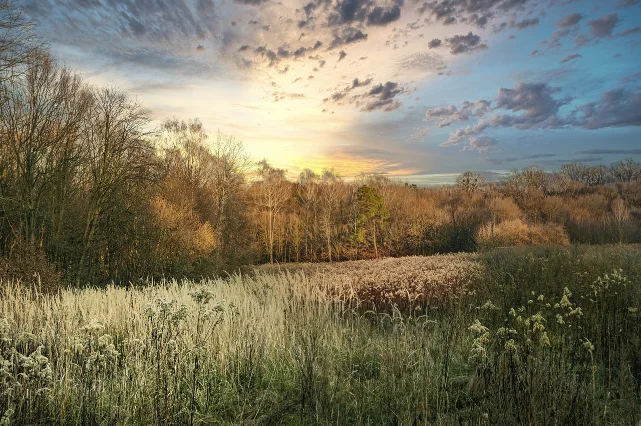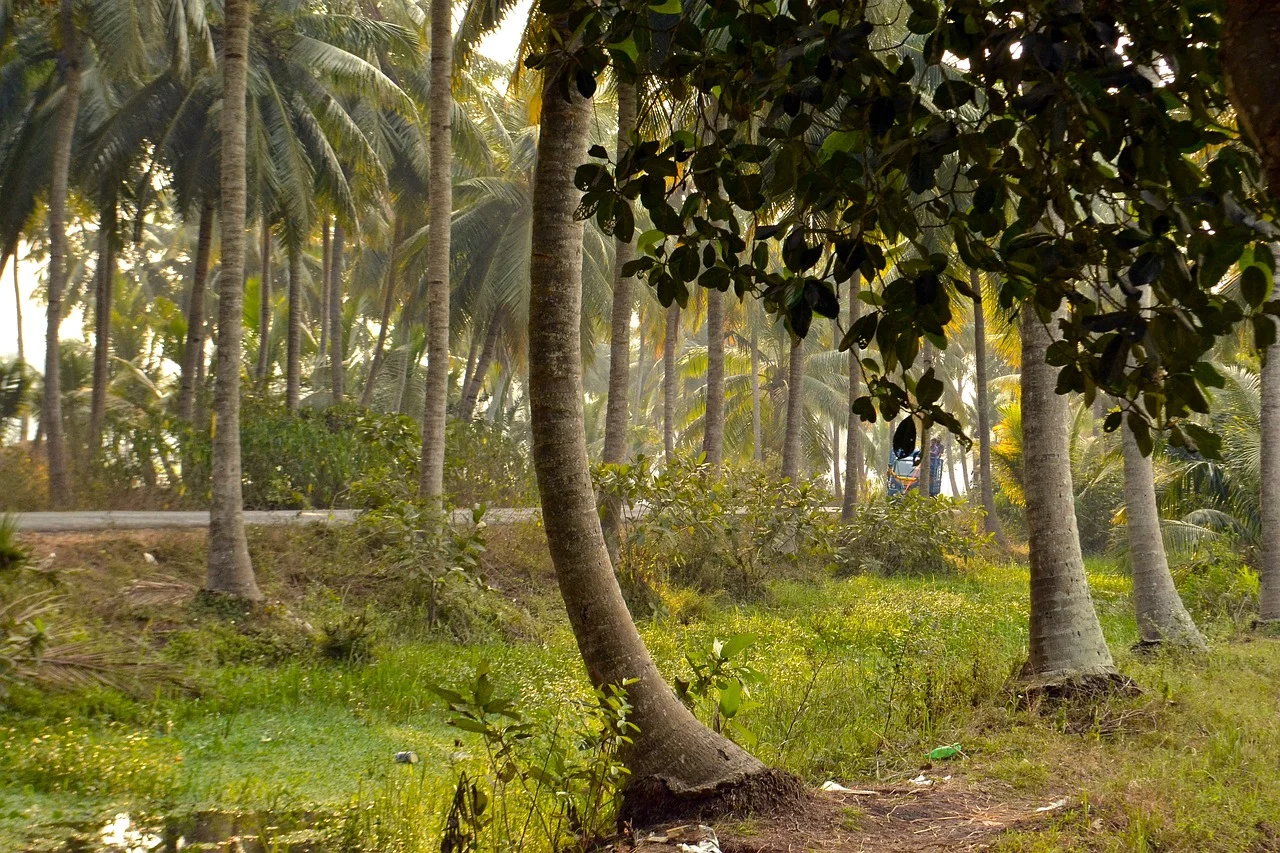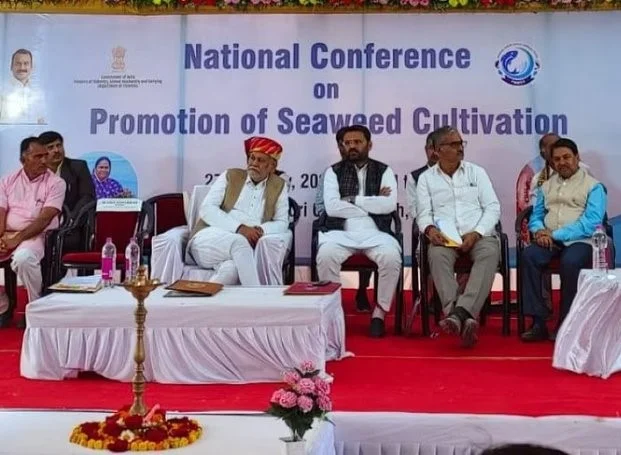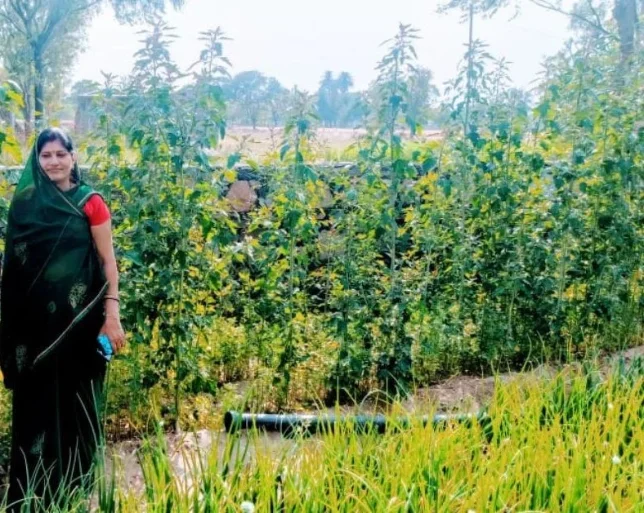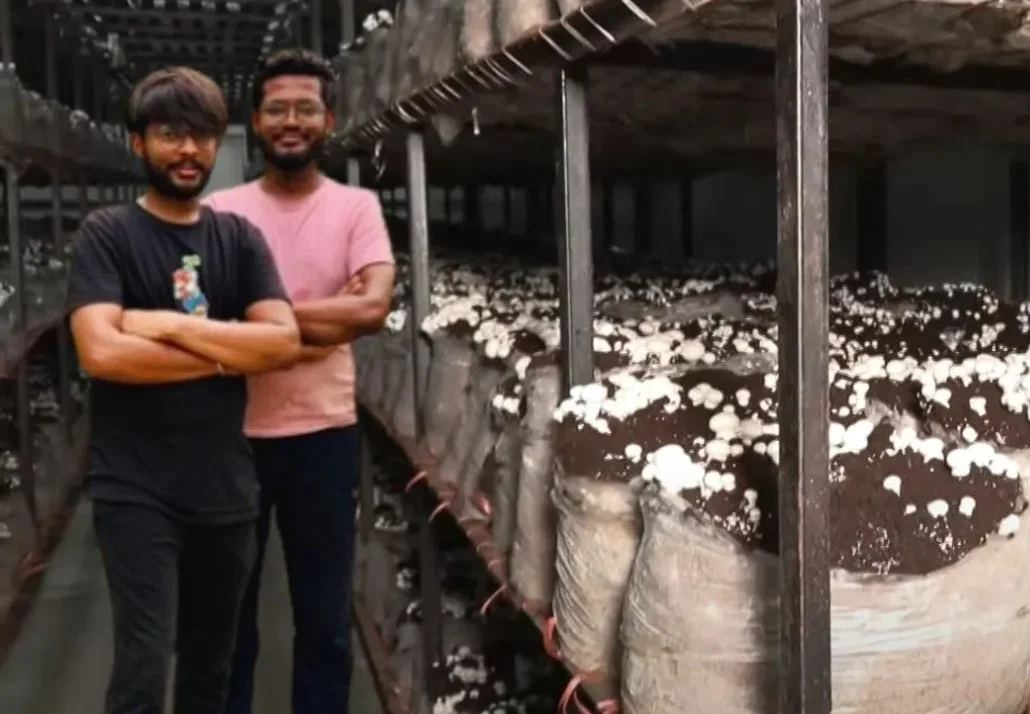On Sundays, K. Ramanna, a farmer hailing from Kanarpa village near Mundaje in Dakshina Kannada district, starts his day at 4:15 a.m. He hops into his four-wheeler and drives the 80 km distance to Mangaluru. Loaded in his vehicle are organic vegetables grown by him and fellow farmers from the village. Once in Mangaluru, he sets up shop at the weekly “santhe” (shandy) on Panje Mangesh Rao Road in the city’s central business district. Ramanna engages in selling his produce from 6 a.m. to 10:30 a.m., a routine he has followed for the past ten years.
Since 2013, the Savayava Krushika Grahaka Balaga, a group advocating for organic farm products in Mangaluru, has been orchestrating this Sunday market. Now in its 11th year, this shandy was initiated by consumers who desire to distance themselves from vegetables, fruits, and other food items grown or manufactured using chemicals. The goal is to establish a market that supports organic farmers and promotes their produce.
How it began
K. Ratnakar Kulai, one of the key figures in starting this market and also serving as the Secretary of the Balaga, a registered group, shared with The Hindu, “Back in 2012, Addor Krishna Rao and I initiated this as the ‘swavalambi santhe’ to boost homemade goods without distinguishing between organic or chemical-based items. We arranged 12 ‘swavalambi santhes,’ one each month in various locations, including some homes, in Mangaluru throughout 2012. As we progressed, we noticed that consumers were more inclined towards buying organic products. They were asking for organic vegetables and other items. The Balaga was officially formed the following year, and we decided on Panje Mangesh Rao Road to host the shandy on the roadside, exclusively promoting the sale of organic vegetables and other organic products.”

Even during the pandemic, the organic market persisted, and they kept it going by securing permission from the Deputy Commissioner, as Kulai recollected.
Review team
Not every farmer gets the green light to sell their goods as “organic” at the shandy. The Balaga established a four-member team responsible for verifying whether a farmer qualifies to sell their produce and is genuinely practicing organic farming. This team pays visits to the homes or farms of potential sellers to confirm their authenticity. Mr. Kulai explained, “After the screening, 18 farmers have now been given permission to sell their produce on Sundays.” He noted that these farmers don’t necessarily show up every Sunday; they sell whenever they have a harvest.
He also mentioned, “We did turn away six sellers from the market after discovering they weren’t authentic. One of them was caught buying chili from the open market and attempting to sell it at our shandy. These six individuals have been barred from returning.”
A. A. Fazal, a retired Professor of Food Technology from the College of Agriculture, Hassan, is a regular buyer of the products available at the santhe. He has also previously held the position of Secretary in the Balaga for three years. Fazal affirmed, “There’s no question about the authenticity of the products sold at the market. As a team, we visited the farms and homes of the growers, engaging with them before permitting their entry to the market. We’re well-informed about what’s going on in the name of organic in some other places.”
Fixed price
The Balaga has set a standard price for each of the products available for sale at the shandy. All the growers are required to sell their products at the same fixed rate.

Pradeep Soori, a retired bank employee and urban farmer utilizing his 24 cents of land in Mangaluru for cultivating vegetables and fruits, is part of a two-member team responsible for determining the prices each week. The other team member is Narasimha Mayya, a grower from Bantwal who has been selling his products in the market since its inception in 2013.
Also Read: Bhuj Local Transforms 40 Acres Barren Land into a Lush Orchard for Exotic Fruits and Dates
Soori explained that the team thoroughly examined the current market rates and established the prices, ensuring that both the seller and the buyer were not adversely affected.
“Farmers are guaranteed a fixed price in our market. For instance, if the price of bananas drops significantly in the regular market, those selling them at our market will still receive the guaranteed price. This means the farmer doesn’t have to sell at an extremely low price elsewhere. Similarly, if the price of a product surges in the regular market, consumers at our market will still get it at the fixed price without it being unreasonably high,” explained Soori.
No bargain
Premananda Shetty, once the Mayor of Mangaluru and currently serving as the whip in the Mangaluru City Corporation Council, has been a loyal customer of the market’s offerings for a long time. He noted that when buying produce, consumers adhere to the fixed rates and don’t engage in bargaining. Shetty added, “In this market, we find some traditional tubers, green leafy vegetables, and other produce. The flavor of food made from organic products is distinct from those grown using chemicals.”
The market’s consumer base includes teachers, lawyers, doctors, engineers, retired bureaucrats, and individuals from various backgrounds.
Lacking venue with shelter
Even after a decade, the Balaga still doesn’t have a proper sheltered venue for hosting the santhe. They continue to utilize the available space in front of shops on P.M. Rao Road, taking advantage of the fact that shops are closed on Sundays. Sharat Kumar, the treasurer of the Balaga and an ex-serviceman, emphasized, “Having a suitable venue is our main requirement at the moment.”
The Balaga is involved in more than just arranging the santhe and acting as a connection between growers and consumers. Kulai mentioned, “We’ve freely distributed vegetable seeds to over 1,000 households in Mangaluru, aiming to inspire individuals to cultivate their own vegetables.”
Additionally, the Balaga has conducted 10 demonstration-cum-training programs, teaching consumers how to grow vegetables in their own spaces, be it in kitchen gardens, on balconies, or on terraces. Kulai mentioned, “More than 500 individuals have attended these programs.”
Moreover, the Balaga has arranged field trips for consumers to visit the farmlands of selected farmers. “We’ve had consumers actively participate in farming activities, such as planting paddy saplings in Karambar village near Mangaluru and getting involved in vegetable cultivation in Mogaru village near Mangaluru,” explained Kulai.
To boost awareness about jackfruit and its value-added products, the Balaga has organized six jackfruit festivals in Mangaluru. Additionally, they conducted a millet mela. Kulai mentioned, “We’ve provided 30 beehive boxes of ‘mujenti jenu’ (stingless honey bees) to those interested in apiculture.”
Books published
The Balaga has created and shared mini handbooks covering topics like grafting, kitchen gardening, and health maintenance with consumers. According to Kulai, “Two more mini handbooks are in the works, focusing on decorative plants and plant disease management.” Additionally, the Balaga has organized informative sessions on food habits and conducted three demonstration-cum-training sessions on preparing plant-based medicines at home for common recurring ailments.
“We serve as a connection between urban farmers and producers of pot mix manure, ensuring that urban farmers have access to organic manure,” explained Mr. Kulai. Currently, G. R. Prasad, who also serves as the president of Pranava Souharda Sahakari Sangha Ltd., Mangaluru, leads the Balaga.


